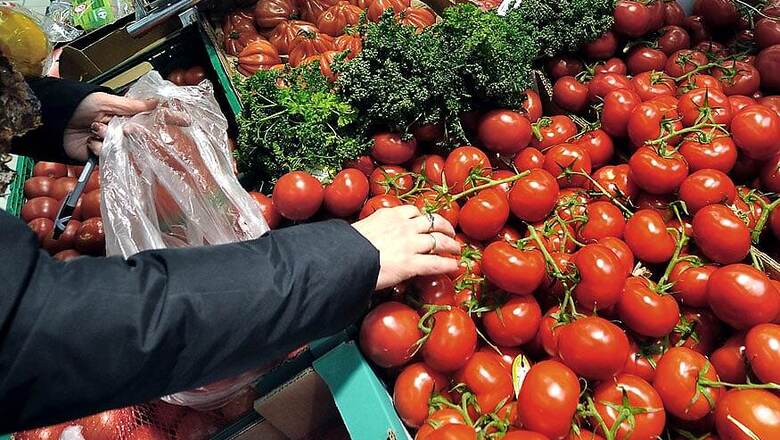
views
When it comes to eating well, eating responsibly and practicing sustainable farming, France is the world leader, while the United Arab Emirates ranks last.
That's according to 2017 edition of The Food Sustainability Index, developed jointly by The Economist Intelligence Unit and the Barilla Center for Food and Nutrition.
For the index, researchers studied 34 countries across three main pillars: food loss and waste; sustainable agriculture; and nutritional challenges. The countries represent more than 85 percent of the global GDP and two-thirds of the planet's population.
Along with taking the highest spot overall, France was the top performer in the food and waste pillar, thanks to a government and policy-level response to food waste.
Last year, new legislation was passed to prohibit supermarkets from throwing away food approaching its sell-by-date, requiring them instead to donate the surplus to charities and food banks.
Likewise, to help combat food loss, public awareness campaigns in the country remind consumers that deformed "ugly" fruit and vegetables are perfectly edible.
Impressively, the report points out that France loses less than 2 percent of its total food production to wastage a year.
Per capita, annual food waste is equal to 106 kg. For perspective, that's equal to less than a third of per capita waste in Australia.
After France, the top five performers on the index are Japan, Germany, Spain and Sweden.
Common thread
A common thread among the top scoring countries? In general, they typically demonstrate strong and effectively implemented government-level policies on food and agriculture, authors say.
The report was prepared to align with the UN's Sustainable Development Goals, a list of 17 targets aimed at ending poverty, protecting the planet and equalizing prosperity.
"Sustainable food systems are vital in achieving the UN's 17 Sustainable Development Goals. Major global developments such as climate change, rapid urbanisation, tourism, migration flows and the shift towards Westernised diets put food systems under pressure," said Martin Koehring, managing editor at The Economist Intelligence Unit in a statement.
"The Food Sustainability Index is an important tool to help policymakers and other relevant stakeholders to design effective policies to improve food system sustainability."
Though high-income countries tend to perform well on the list, researchers point out that the United Arab Emirates bucks the trend: Despite having the highest GDP per head, the UAE ranks last on the index, while the poorest country on the list, Ethiopia, ranks a respectable 12th.
The reason? Like many countries in the Arab world, the UAE has a high level of food waste, rising levels of obesity, and receives a low score for sustainable agriculture.
The top scoring country in the sustainable agriculture pillar, meanwhile, is Italy, while Japan is the standout performer in the pillar of nutrition.
The report also looked at lifestyle factors like physical activity, diet, monthly freshwater scarcity, and the participation of women in farming.
Hungary scored highest in the physical activity category, with 85 percent of the population reaching their recommended physical activity per week, and an average screen time of 2.4 hours per week.
Here are the top scoring countries on the Food Sustainability Index:
1. France
2. Japan
3. Germany
4. Spain
5. Sweden
6. Portugal
7. Italy
8. South Korea
9. Hungary
10. UK
Canada ranks 11th, and the US 21st.
















Comments
0 comment